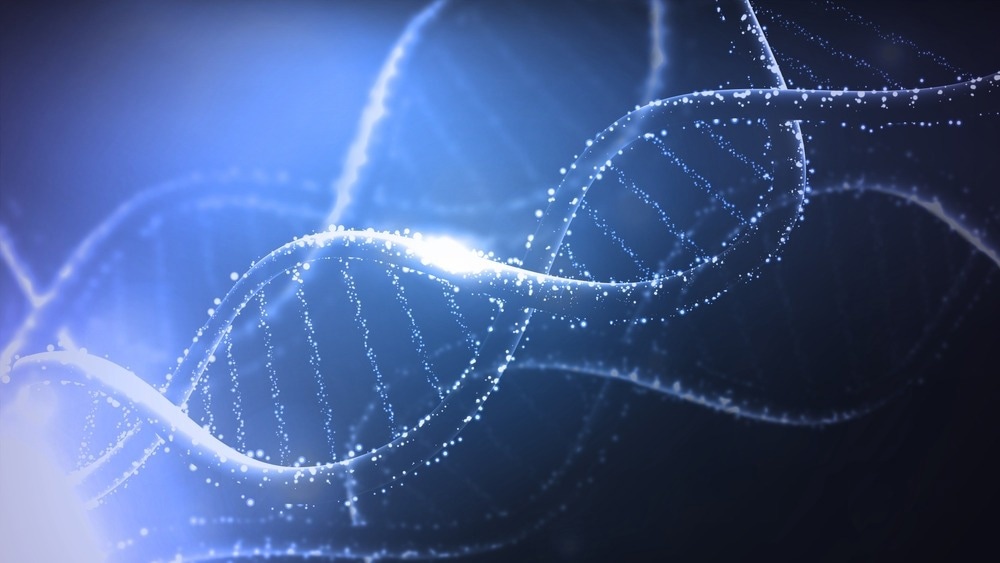New research indicates that chromatin and its regulatory factors play a crucial role in preventing the formation of DNA-RNA hybrids, which are linked to genomic instability and cancer.

Image Credit: Motion Drama/Shutterstock.com
These hybrids impede replication, leading to increased chromosomal cleavages and collisions between transcription and replication.
The study outlines chromatin as the primary defense mechanism for maintaining genome integrity. This protective function was observed through the analysis of various chromatin remodeling factors’ silencing in tumor cell cultures.
Upon comparing their data with genome databases of tumor cells, researchers identified a correlation between DNA-RNA hybrid-enriched sites and the locations with the highest frequency of mutations in tumor cells.
This groundbreaking discovery establishes a direct association between DNA-RNA hybrids and mutations associated with cancer, suggesting their role as a risk factor in tumor development.
Aguilera's laboratory, known for pioneering studies on the role of DNA-RNA hybrids in genetic instability, not only enhances our understanding of cellular control mechanisms for hybrids and their regulation by epigenetic factors but also proposes the potential use of cellular DNA-RNA hybrid levels as an indicator for assessing carcinogenic risk.
Source:
Journal reference:
Bayona-Feliu, A., et al. (2023) The chromatin network helps prevent cancer-associated mutagenesis at transcription-replication conflicts. Nature Communications. doi.org/10.1038/s41467-023-42653-0.